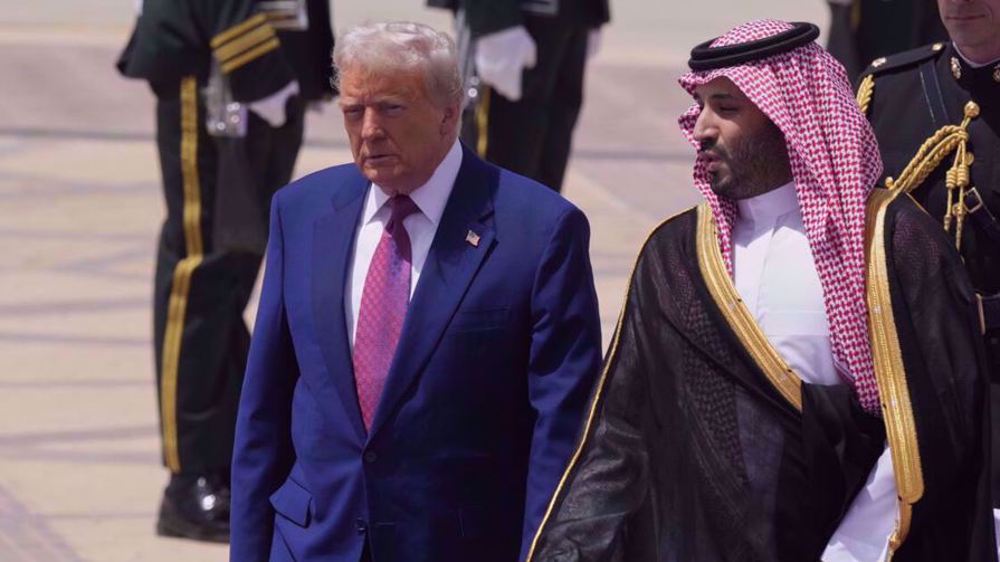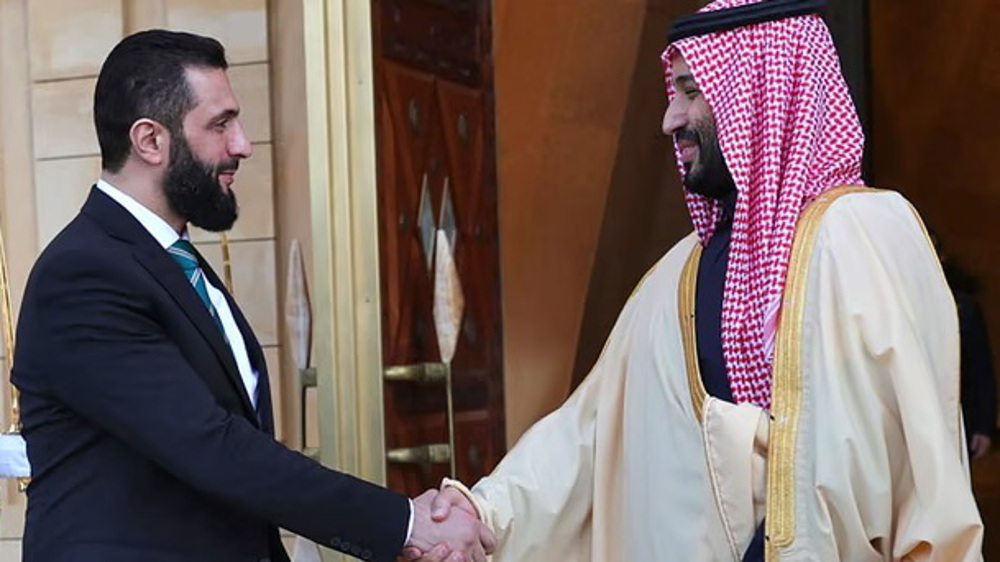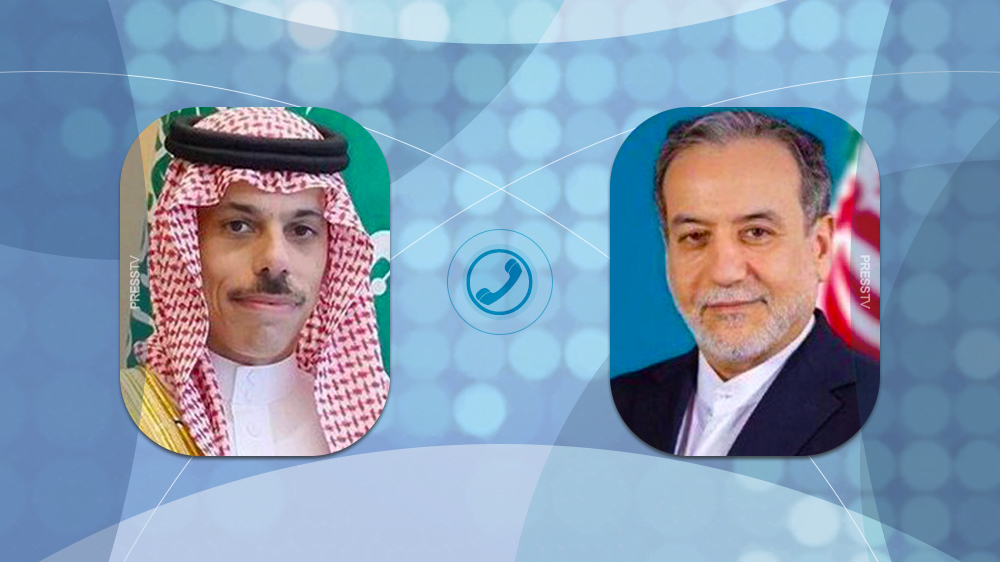A Saudi prince unleashed rattles the monarchy
The unorthodox and swift rise of an inexperienced prince in Saudi Arabia has shaken the Saudi monarchy and left an overload of other princes craving for power angry and disgruntled, a report says.
US daily The New York Times said in a headline story titled “Rise of Saudi Prince Rattles the Kingdom” that the quick accession of Mohammed bin Salman to the position of deputy crown prince in Saudi Arabia in early 2015 — when he was only 29 years old — has been watched with anger by other members of a monarchy where seniority previously mattered.
By a vote of one
“Saudi Arabia is one of the world’s few remaining absolute monarchies, which means that Prince bin Salman was given all of his powers by a vote of one: his own father,” the Times article read, referring to Saudi King Salman.
Mohammed was also named, by his father, defense minister and head of a council that is supposed to oversee the Saudi economy. He was also appointed the head of the Saudi Aramco, the state oil company.
The “bigger surprise” was that the Saudi king named Mohammed deputy crown prince.
“This effectively scrapped the political aspirations of his older relatives, many of whom had decades of experience in public life and in key sectors like defense and oil policy. Some are still angry — although only in private,” the article read.
Mohammed has since been indulging in attempts to “market himself” in world capitals, where, to his chagrin, statesmen view him as inexperienced.
He is also seen by some “as a power-hungry upstart who is risking instability by changing too much, too fast.”

Speculation over the power struggle within the Saudi ruling family has been rife ever since former King Abdullah fell ill and later died in January 2015. In September 2015, an unnamed Saudi prince, “one of the grandsons of the state’s founder, Abdulaziz Ibn Saud,” told The Guardian that “there is disquiet among the royal family — and among the wider public — at the leadership of King Salman”
Royal intrigue
According to the Times article, Mohammed may be involved in behind-the-scenes struggles to oust a major rival, crown prince Mohammed bin Nayef, Washington’s favorite Saudi.
“His [Mohammed’s] seemingly boundless ambitions have led many Saudis and foreign officials to suspect that his ultimate goal is... also to shove aside the current crown prince, his 57-year-old cousin, Mohammed bin Nayef, to become the next king.”

The article referred to a recent development in which bin Nayef left Saudi Arabia for his family villa in Algeria, where he stayed “for weeks, largely incommunicado and often refusing to respond to messages from Saudi officials and close associates in Washington.”
The “lengthy absence at a time of low oil prices, turmoil in the Middle East and a foundering Saudi-led war in Yemen” has been interpreted by American officials as a sign of concerns by the crown prince that “his chance to ascend the throne was in jeopardy.”
A major initiative taken up by the inexperienced Mohammed has been the war on Yemen.
“The war has driven much of Yemen toward famine and killed thousands of civilians while costing the Saudi government tens of billions of dollars,” the article read, adding that the conduct of the war has also “exacerbated tensions between him and his older cousins.”
The head of the Saudi National Guard had not been informed when the war was launched in March 2015.
“American officials, too, were put off when, just as the Yemen campaign was escalating, Prince bin Salman took a vacation in the Maldives, the island archipelago off the coast of India. Several American officials said Defense Secretary Ashton B. Carter had trouble reaching him for days during one part of the trip.”
The changing winds of war
The article also suggested that bin Nayef is opposed to the war on Yemen, although he has not publicly adopted such a stance.
“If Mohammed bin Nayef wanted to be seen as a big supporter of this war, he’s had a year and a half to do it,” Bruce Riedel, a former Middle East analyst at the CIA, was quoted as saying.
Mohammed himself, in apparent efforts to publicly advocate the war, made regular appearances among troops at the start of the war. “But as the campaign has stalemated, such appearances have grown rare.”
The war has killed over 10,000 people, many of them civilians, according to figures released by the United Nations (UN) in August. It was launched without a UN mandate and in an unsuccessful attempt to reinstall a Saudi ally as president of Yemen.
Hanging from an ailing father
The article concluded by casting doubt on Mohammed’s future prospects. He is not deemed certain to retain his position and carry on with his plans, which are “hang by the tenuous thread of his link to his father,” an 80-year-old monarch with memory lapses.
Many members of the royal family “are annoyed by the media cell he created inside the royal court to promote his initiatives, both foreign and domestic.”
“If he (King Salman) died soon, Prince bin Nayef would become king and could dismiss his younger cousin as a gesture to his fellow royals. In fact, it was King Salman who set the precedent for such moves by dismissing the crown prince named by his predecessor.”
VIDEO | Trump’s 2026 State of the Union speech bellicose, short on policy
Iran’s president sees 'good outlook' for nuclear talks with US
Peter Mandelson suspected of misconduct in public office as UK envoy to US
Iran's foreign minister leaves for Geneva for third round of US talks
Iran dismantles foreign-backed terror network in Southeast
VIDEO | Press TV's news headlines
US imposes more sanctions on Iran ahead of new round of talks
UK engaged in 'systematic' suppression of pro-Palestine voices: Report










 This makes it easy to access the Press TV website
This makes it easy to access the Press TV website